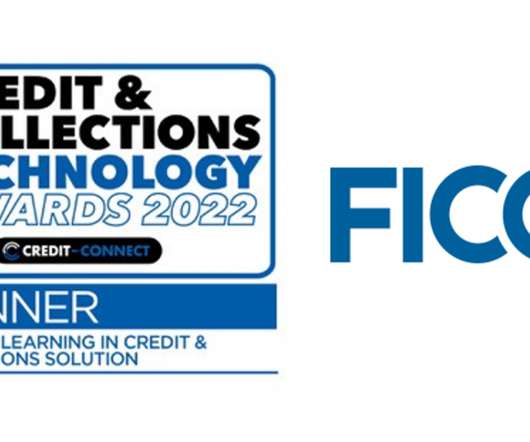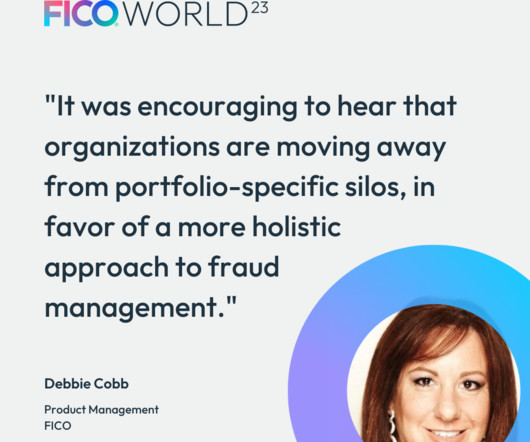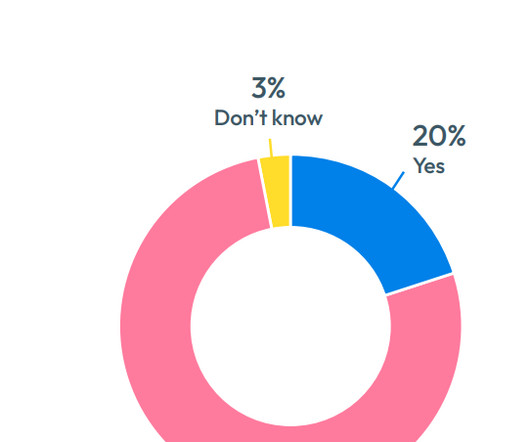US Card Skimming Grew Nearly 5x in 2022, New FICO Data Shows
FICO
FEBRUARY 16, 2023
For 2022, we saw a significant increase in compromised cards resulting from skimming activity. Total compromise cards were up 368% from 2021, with more than 161,000 impacted cards identified — nearly a 5x increase over 2021. And the data from January 2023 is already trending at nearly 10x increase over 2022.












Let's personalize your content